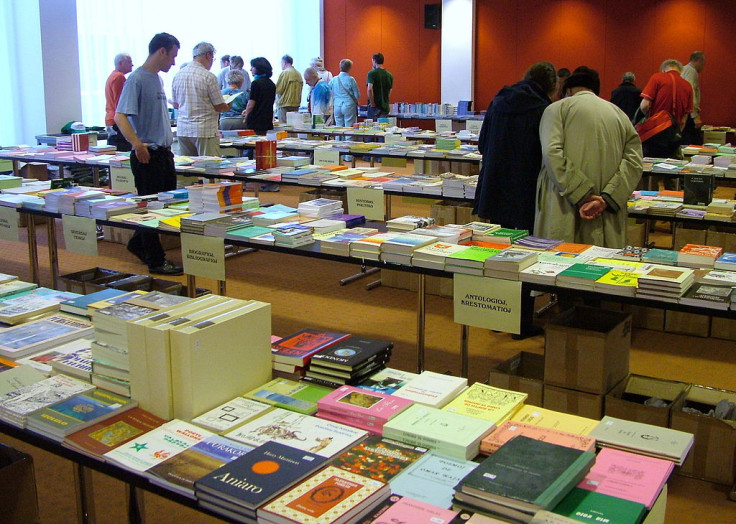Top 10 facts you didn't know about Esperanto

Esperanto Day, also called Zamenhof Day, is celebrated on 15 December, which is the birthday of its creator L. L. Zamenhof. The language was created in the late 1870s and early 1880s by the Polish-Jewish ophthalmologist from Białystok, then part of the Russian Empire.
1. Esperanto is the most widely spoken constructed language in the world. Up to 2 million people worldwide are estimated to speak Esperanto, including around 2,000 native speakers who learned Esperanto from birth. The World Esperanto Association has members in 120 countries. Its usage is highest in Europe, East Asia, and South America. On 22 February 2012, Google Translate added Esperanto as its 64th language and since 3 December 2015, over 211,000 users have signed up.
2. The language's creator, physician and linguist L. L. Zamenhof wanted to create an easy-to-learn, politically neutral language that would transcend nationality and foster peace and international understanding between people with different languages. Esperanto means "one who hopes".
3. Esperanto is currently the language of instruction of the International Academy of Sciences in San Marino.
4. In Nazi Germany, there were moves to persecute Esperanto because Zamenhof was Jewish, and because of the internationalist nature of Esperanto, it was viewed with suspicion as "Bolshevist". In his work, Mein Kampf, Adolf Hitler damned Esperanto as an example of a language that could be used by an international Jewish conspiracy once they achieved world domination. Esperantists were killed during the Holocaust and Esperanto was legally forbidden in 1935. Esperantists in German concentration camps taught the language to fellow prisoners, telling guards they were teaching Italian.
5. Joseph Stalin studied Esperanto, according to Leon Trotsky's biography of the Soviet dictator. But at the peak of the Great Purge in 1937, Stalin did a volte-face on the government's relaxed attitude to Esperanto and castigated it as "the language of spies". Many Esperantists were exiled or executed and use of the language was banned in the Soviet Union until 1956.
6. As a constructed language, Esperanto was criticised as deficient, with philosopher Ludwig Wittgenstein especially outspoken in his dislike: "Esperanto. The feeling of disgust we get if we utter an invented word with invented derivative syllables. The word is cold, lacking in associations, and yet it plays at being 'language'. A system of purely written signs would not disgust us so much."
7. The Chinese government has used Esperanto since 2001 for daily news on china.org.cn. China also uses Esperanto in China Radio International and for the internet magazine El Popola Ĉinio.
8. Vatican Radio has an Esperanto version of its website and the language was also popular in Fascist Italy, finding its phonology similar to Italian and even published some tourism brochures in the language.
9. The US Army published military phrase books in Esperanto, to be used from the 1950s until the 1970s in war games by fake enemy forces.
10. The language has been called sexist by some linguists as most kin terms and titles are masculine by default, with the feminine only when particularly specified. The default form of some nouns is masculine while a derived form is used for the feminine.
© Copyright IBTimes 2025. All rights reserved.






















